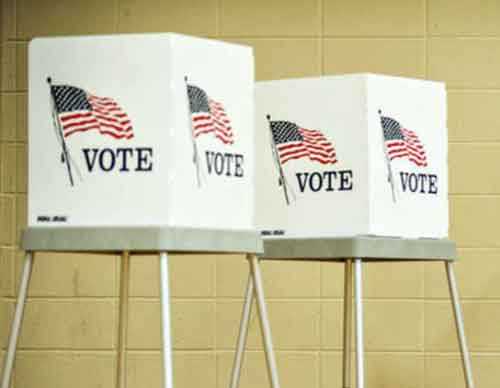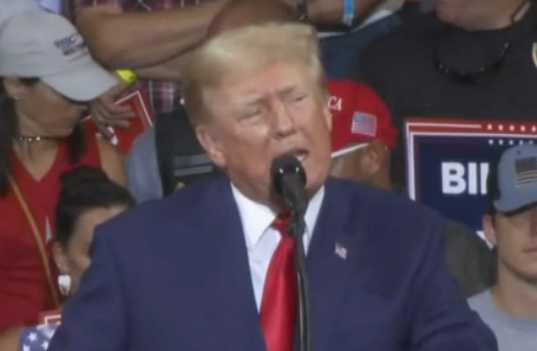To avoid backlash, political candidates rely on independent groups to attack their opponents
Los Angeles, CA (June 26, 2012) As the election season ramps up, many voters are already experiencing attack ad fatigue. With the rise of the so-called Super PACs and greatly increased spending by independent groups more generally, many election watchers are anticipating that there will be far more ads – and far more attack ads – on the airwaves in this election than ever before. According to a recent article in American Politics Research, a SAGE journal, the power of ads sponsored by independent groups rests not just in their sheer volume, but also in their relative effectiveness. When an attack ad is sponsored by an independent group, the authors found that the ad is far more effective than when the same ad is sponsored by a candidate.
“This study indicates that candidates have every reason to hope for an unofficial division of labor, in which independent groups that are unaccountable to voters will do the dirty work of running these kinds of harsh attack ads that the candidates would rather not do themselves,” wrote study authors Deborah Jordan Brooks and Michael Murov.
Brooks and Murov conducted an experiment by showing a negative state-level election ad about a particular fictitious candidate. The ad was either endorsed by the candidate’s opponent, by a nonpartisan independent group, or unattributed to either and shown to a sample of 1,500 U.S. adults.
|
|
Regardless of sponsorship, Brooks and Murov found that the ads were similarly persuasive regarding the flaws of the candidate who was the target of the ad. The difference was that public penalized a candidate for sponsoring such an ad with what is known as a “backlash” effect. Because there was far less backlash aimed towards the benefitting candidate if the ad sponsor was an independent group, the attack was far more effective when it was sponsored by Citizens for a Better State Government than by the candidate himself.
The authors also suggest that since there is reduced potential of backlash from voters, independent groups may face incentives to produce highly controversial advertisements while facing relatively few incentives to be truthful in ads.
“To the extent that they may generate controversy, they may garner free media coverage which can extend their reach well beyond actual ad expenditures,” wrote the authors.
Source: SAGE Publications



